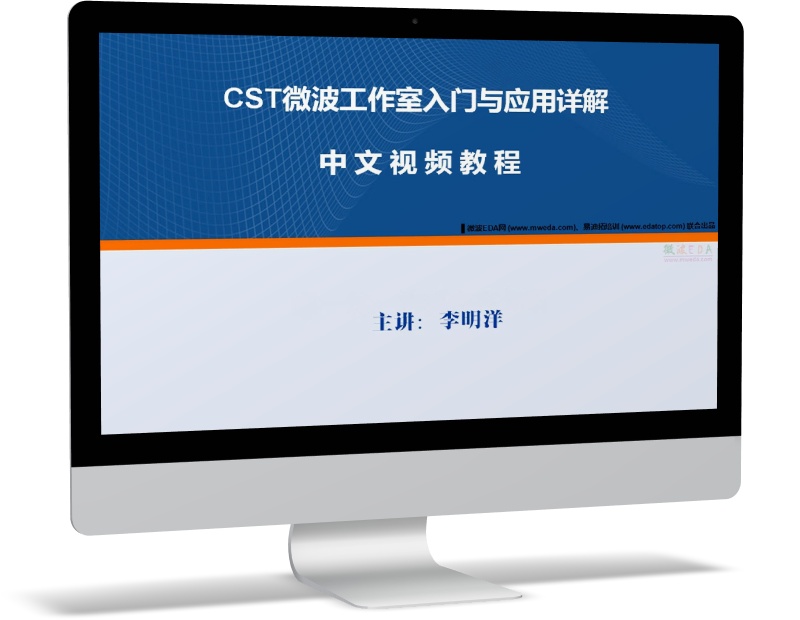When to use TST cells in CST
How small should the dimensions of a model be (compared to the wavelength) before one must include TST cells in the calculations? it is only the slow transient solver that supports the TST cells not the fast MOR solver.
Hi
the TST cells are switched on by default. I never play around with these settings. Why would you like to swithc them off?
F.
The reason is that the frequency solver ( Fast MOR) is normaly much faster than the transient solver, but the MOR does not support TST cells. So if you have a model ( like I have) which contains very small mesh cells I can only use the transient solver because I need the TST cells to get an accurate simulation. But my question is: how do I know if my model need the TST cell, for a accurate simulation?
Hi!
the "TST" cells are just some advanced feature for the geometry approximation of thin metallic sheets. These cells allow you to handle thin metallic sheets inside a single mesh cell. If this feature is disable or if it can not be used because of the MOR solver, these particular cells are approximated in "stair case". How "bad" this is for your model depends more on actual geometry and NOT on the size compared to the wavelength.
The worst case scenario is, that you have some metallic sheets very close to each other and the "stair case" gives you a short in your model. I guess this is way you should check to location of the staircase cells in the mesh view.
Usually the results should still be fairly accurate even if you have a few staircase cells. After all, many FDTD codes work ONLY with staircase cells. Having a few cells in your model should therefore not harm the accuracy this much.
F.
The MOR solver should only be used for closed structures (like the Eigen mode) I believe. The FD tet solver will allow you to use a 2D sheet (in fact it prefers it)
Hi doug freeman,
yes, the MOR Solver can only handle closed loss free structures. You are also right concerning the FD solver. Still, for some filter structures the MOR solver can give you very fast results with reasonable accuracy. Since many filters have tuning screws anyway it is often O.K. to get the filter response only within 1-2%. This could be archived with the MOR solver with a very coarse mesh in a very short time.
If I need very accurate results (especially including all losses) I chose the general FD Solver as well.
F.





